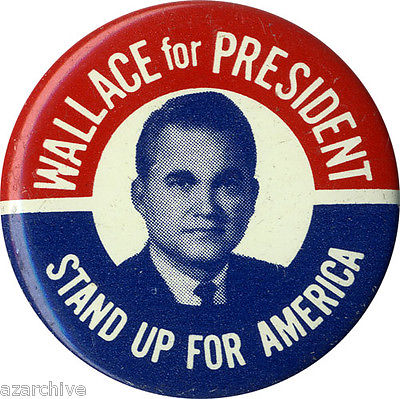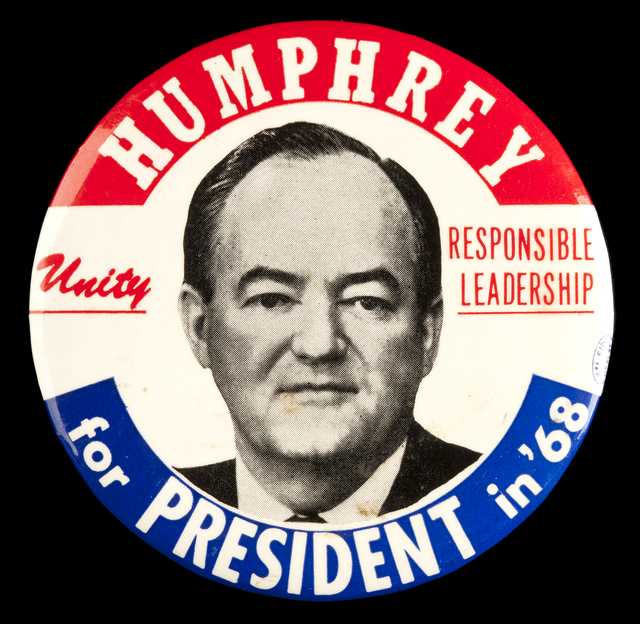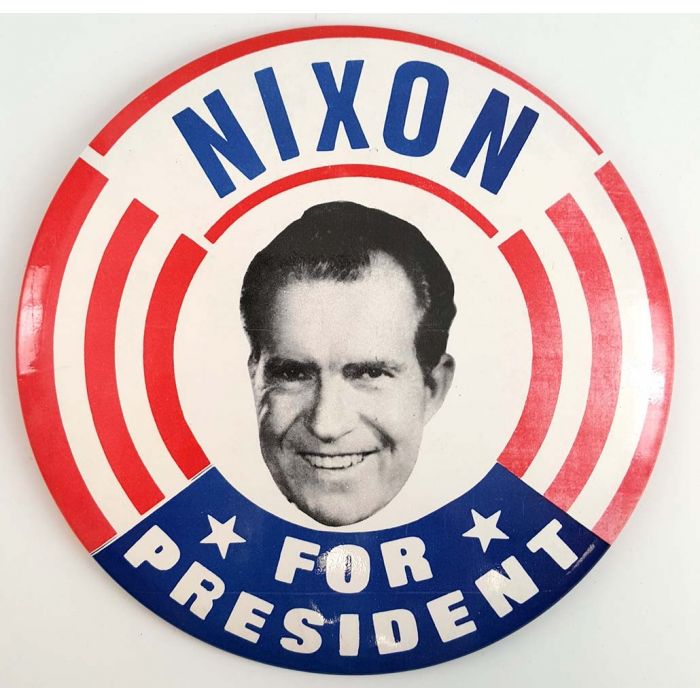Backstory of The Men and the Moment
There are many books about the presidential election of 1968. Some arrived in the immediate aftermath, such as the third installment in Theodore White's steady, heroic Making of the President series and Joe McGinniss's wry, groundbreaking Selling of the President. Since then, scholars have continued to publish thorough, detailed, and insightful accounts of the election, and they have kept arriving through the 50th anniversary of the election in 2018.
So I never thought of The Men and the Moment as breaking new ground. Instead I wanted to write a short, easy-to-read story that would introduce the election's importance to a new generation. Even so, there are other concise takes on the election, including books by estimable historians such as Lewis Gould and Walter LaFeber. Why take up the task, then? I thought that if I centered each chapter around a person -- a character -- then I could make political history accessible to more readers. For most of us, when we read, we respond to the stories of people. We can identify with them, have emotions about them, and think more critically about them than we do about abstract concepts or hard data.
I had some personal reasons for this topic and approach, too. When I started researching the book in 2015, my wife and I had two toddlers at home, and I was early in my term as department chair. I could not travel around the country visiting archives, and my writing time was limited to small chunks. But I also knew that I would get frustrated and antsy if I spent years doing background research on a big book, without anything to show for it. As a result, The Men and the Moment is built around the journalism that I could access in my university's library, as well as the many first-person accounts and scholarly books on the politics of the era. When I finished my administrative term in 2019, The Men and the Moment was not only a published book, but also a satisfying close on a chapter in my professional life.
So I never thought of The Men and the Moment as breaking new ground. Instead I wanted to write a short, easy-to-read story that would introduce the election's importance to a new generation. Even so, there are other concise takes on the election, including books by estimable historians such as Lewis Gould and Walter LaFeber. Why take up the task, then? I thought that if I centered each chapter around a person -- a character -- then I could make political history accessible to more readers. For most of us, when we read, we respond to the stories of people. We can identify with them, have emotions about them, and think more critically about them than we do about abstract concepts or hard data.
I had some personal reasons for this topic and approach, too. When I started researching the book in 2015, my wife and I had two toddlers at home, and I was early in my term as department chair. I could not travel around the country visiting archives, and my writing time was limited to small chunks. But I also knew that I would get frustrated and antsy if I spent years doing background research on a big book, without anything to show for it. As a result, The Men and the Moment is built around the journalism that I could access in my university's library, as well as the many first-person accounts and scholarly books on the politics of the era. When I finished my administrative term in 2019, The Men and the Moment was not only a published book, but also a satisfying close on a chapter in my professional life.



